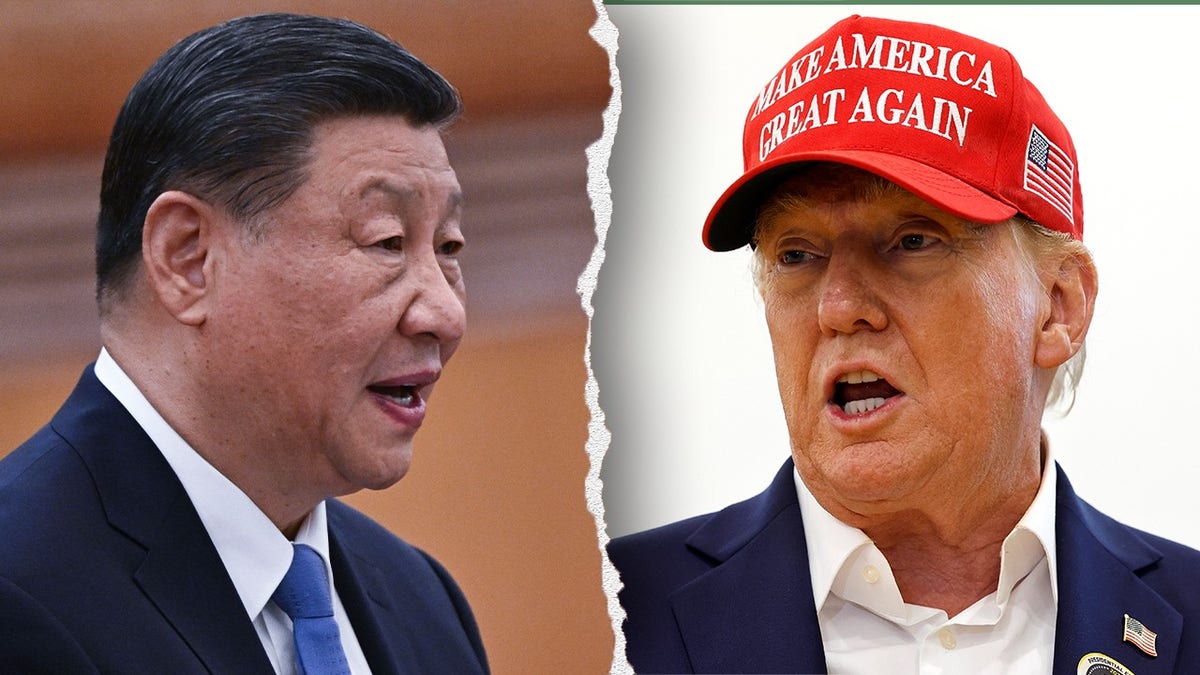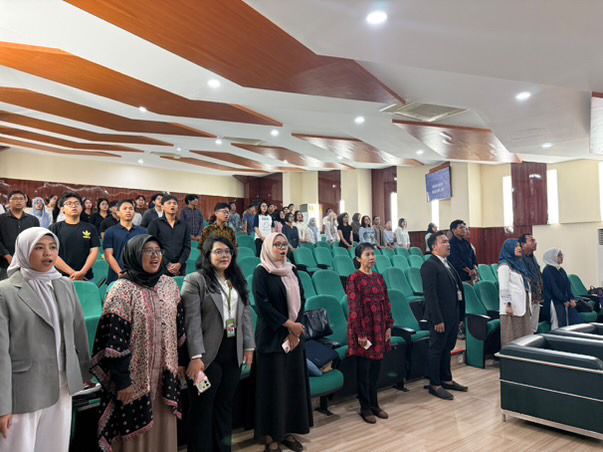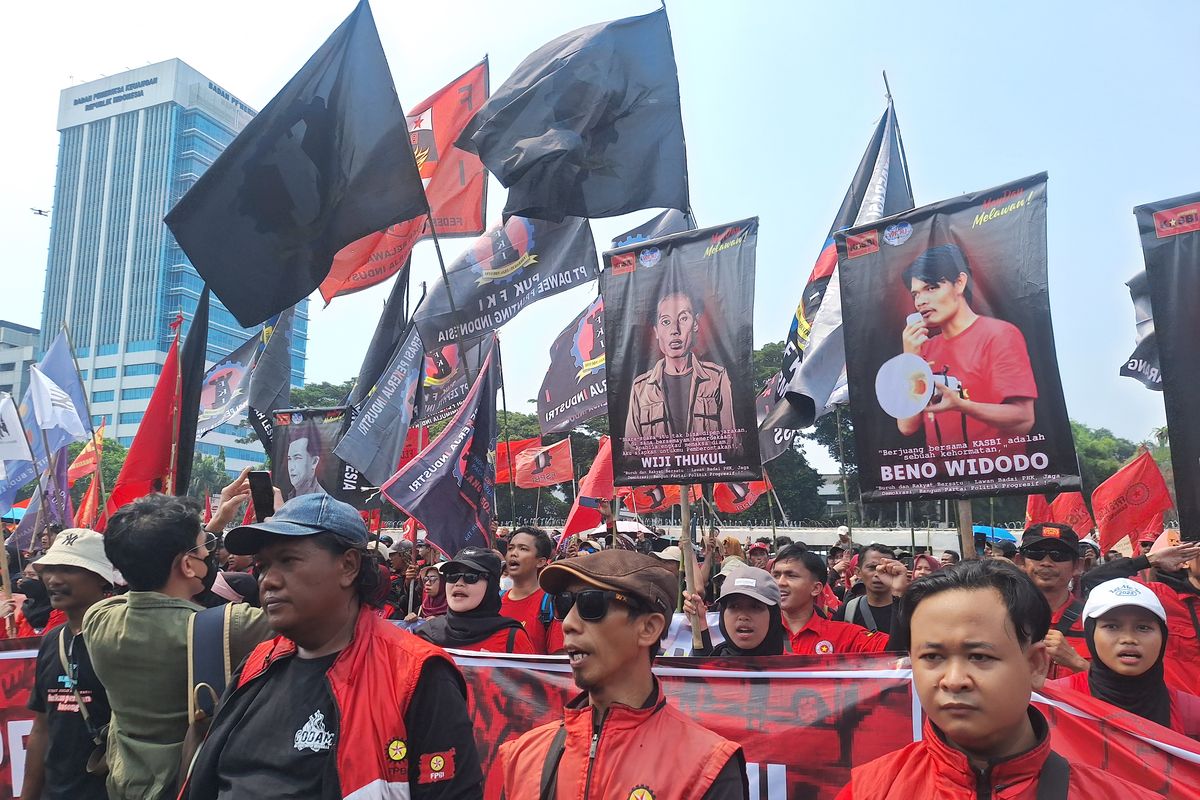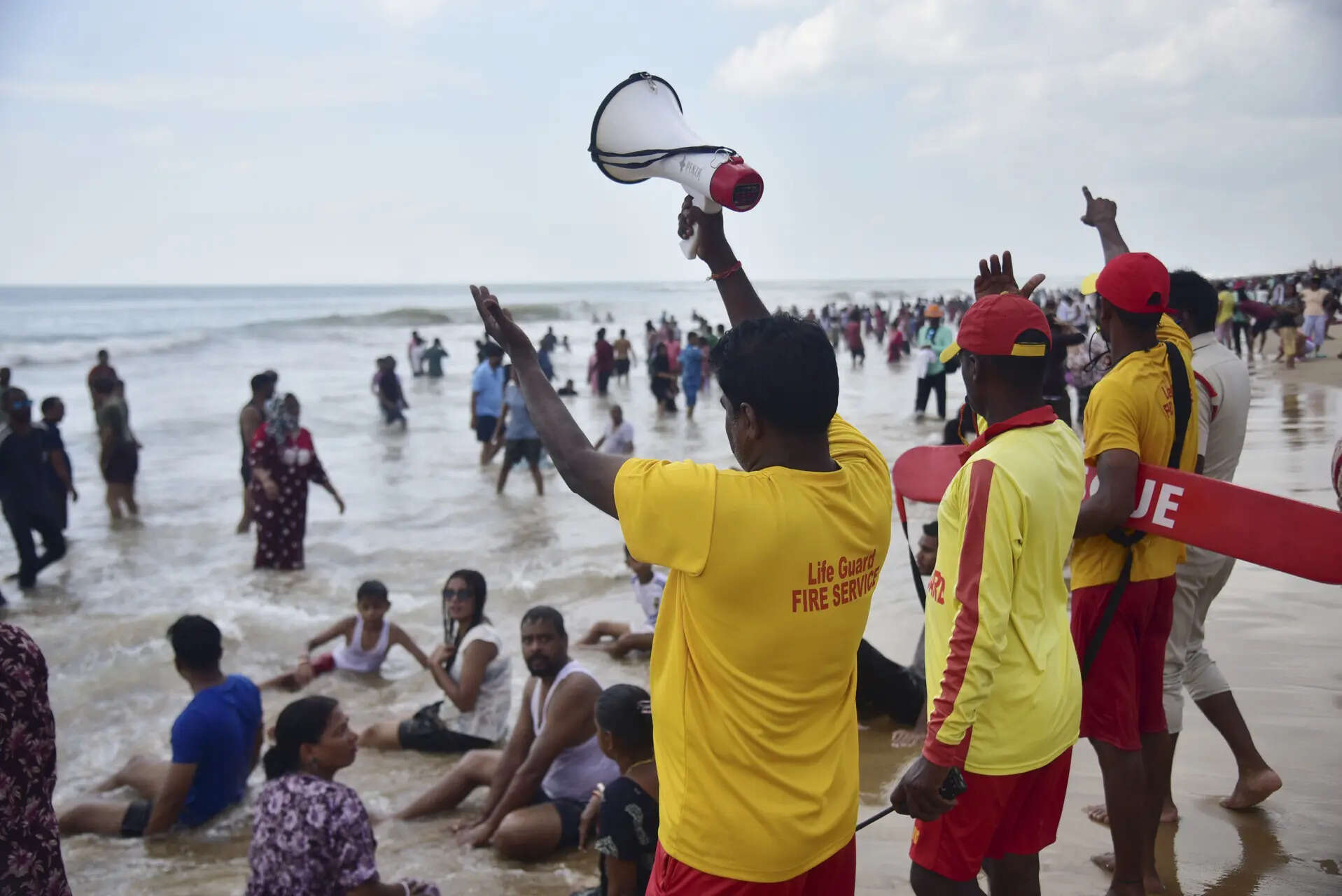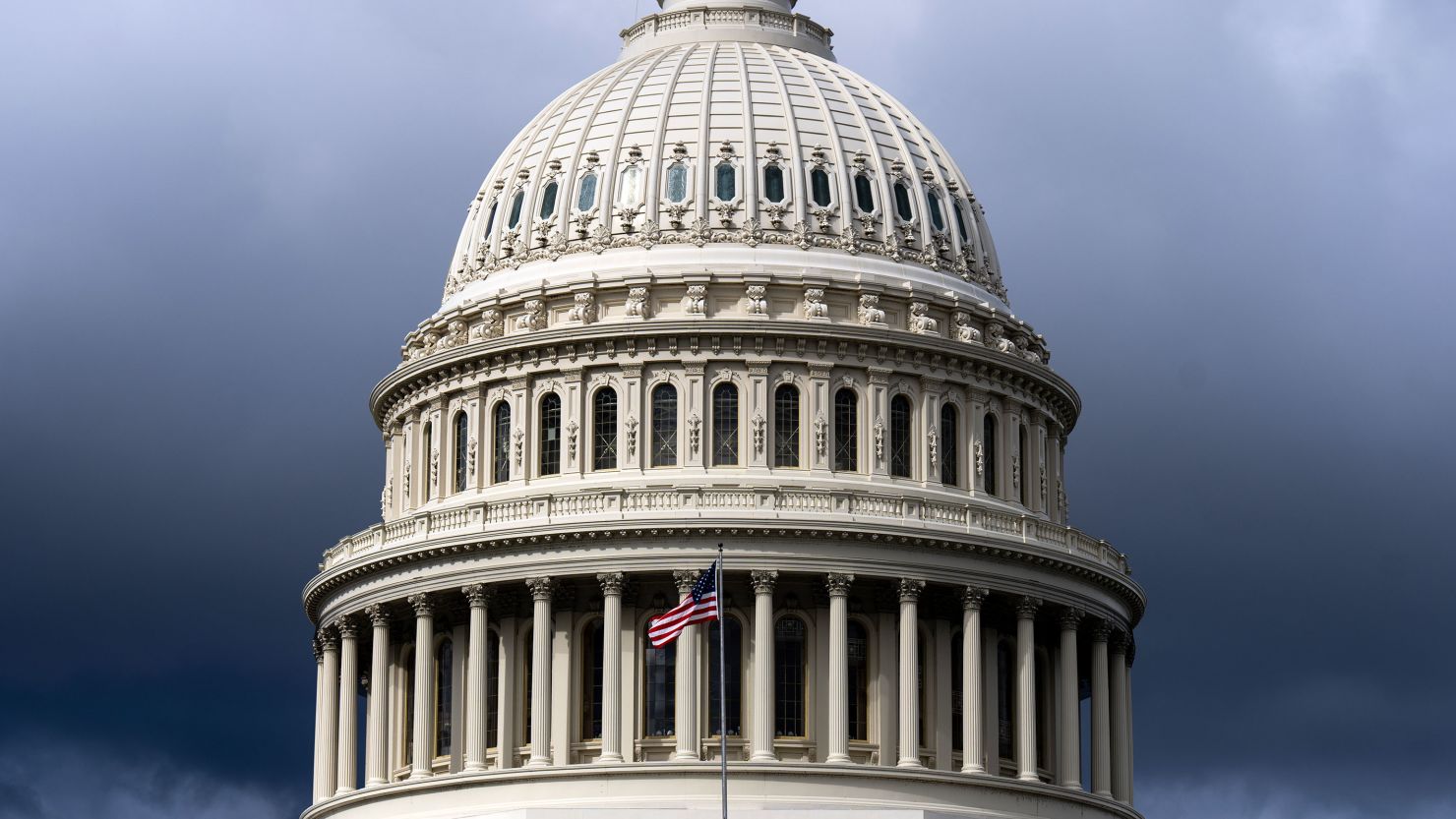
Chicago, IL – October 9, 2025 – In a dramatic escalation of tensions over immigration enforcement, Chicago Mayor Brandon Johnson threw his support behind President Donald Trump’s controversial decision to deploy National Guard troops to the Windy City, citing “unprecedented chaos” from anti-ICE demonstrations that have paralyzed downtown streets for days. The move, announced late Tuesday, has ignited a firestorm of debate, with civil rights advocates decrying it as a “militarization of American cities” while some local Democrats quietly applaud the order restoration.
Protests erupted last weekend after federal agents from Immigration and Customs Enforcement (ICE) conducted a series of high-profile raids targeting undocumented immigrants in South Side neighborhoods, leading to over 200 arrests and reports of clashes with demonstrators. Videos circulating on social media show Guard units in riot gear forming lines along Michigan Avenue, where protesters have blocked traffic and clashed with police, hurling bottles and setting small fires. “This isn’t about politics; it’s about safety,” Johnson stated during a tense press conference outside City Hall, flanked by police chief Larry Snelling. “The chaos we’ve seen proves why we need the Guard – not as an invasion, but as a shield for our communities.”
Trump, fresh off his Gaza ceasefire announcement, seized on the unrest to rally his base, tweeting from Air Force One: “Chicago’s radical left is letting criminals run wild. National Guard is there to BACK THE BLUE and PROTECT THE PEOPLE. LAW AND ORDER!” The deployment marks the second such intervention in a major city this month, following similar actions in Memphis to curb looting amid economic protests.
Bipartisan criticism has poured in swiftly. Illinois Governor J.B. Pritzker, a Democrat, called the federal overreach “a dangerous precedent that erodes states’ rights,” vowing to explore legal challenges. On the Republican side, even some conservatives like Sen. Ted Cruz expressed unease, warning in a Fox News interview that “turning the Guard into a domestic army risks alienating the very voters we need.” Civil liberties groups, including the ACLU, have filed emergency lawsuits, arguing the deployment violates the Posse Comitatus Act, which limits military involvement in civilian law enforcement.
Local voices paint a divided picture. South Side residents, many from immigrant families, report fear and disruption from the raids, with one mother telling reporters, “ICE is tearing families apart, and now soldiers in the streets? This isn’t America.” Conversely, business owners along the Magnificent Mile hailed the Guard’s arrival, with the Chicago Loop Alliance estimating millions in lost revenue from the blockades.
As night falls, tensions simmer with reports of a massive rally planned for Friday at Grant Park. Analysts see this as a microcosm of broader national divides, especially with midterms looming. “Trump’s playing to his strengths – tough on crime, tough on borders,” said political strategist Frank Luntz. “But if this spirals, it could backfire big time.”
The White House insists the deployment is temporary, tied to a 30-day federal emergency declaration, but with no clear exit strategy, Chicago braces for what could be a long, hot autumn.

